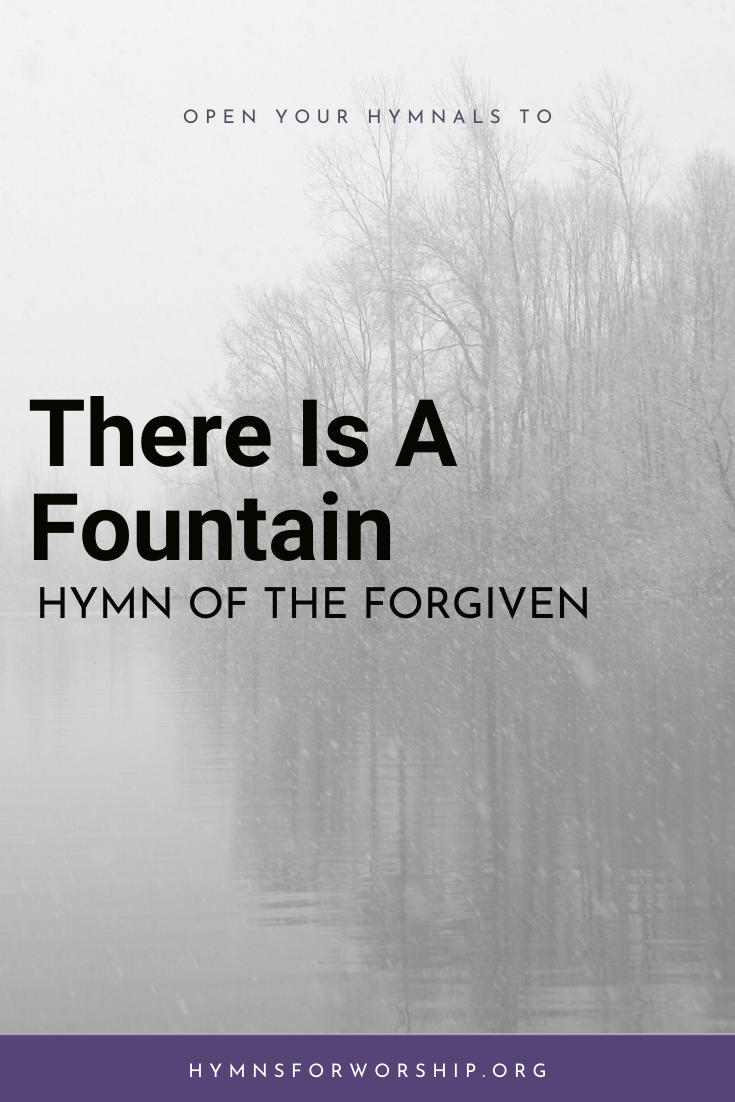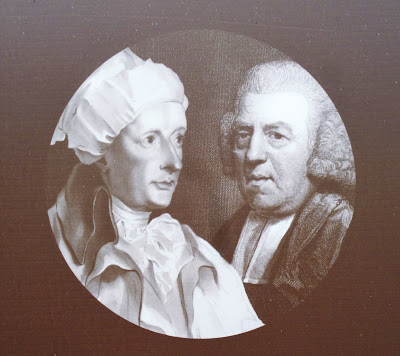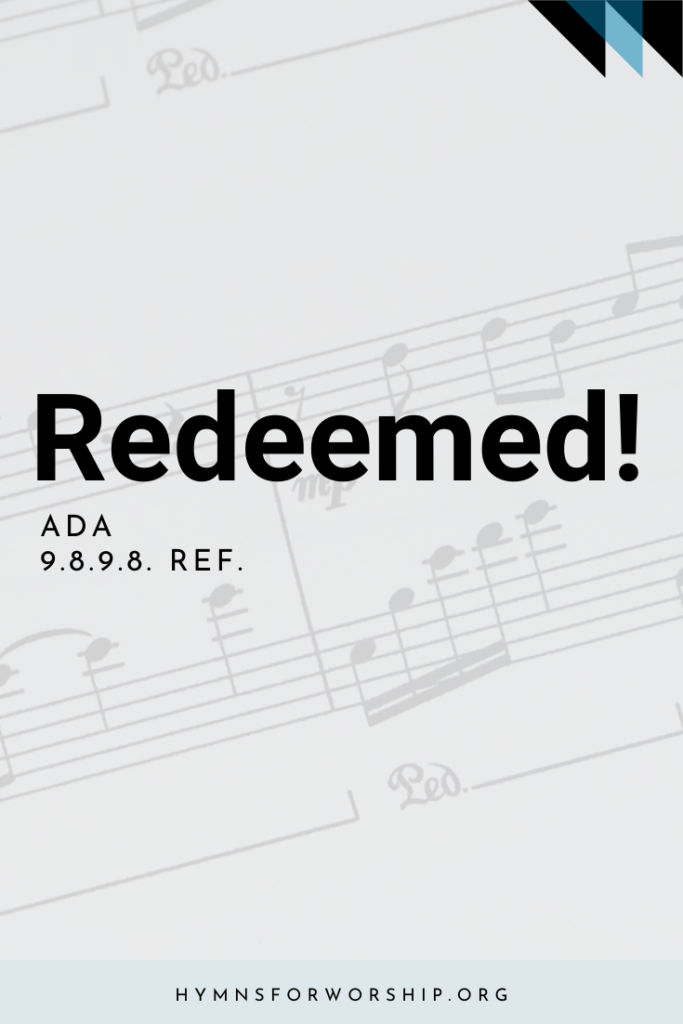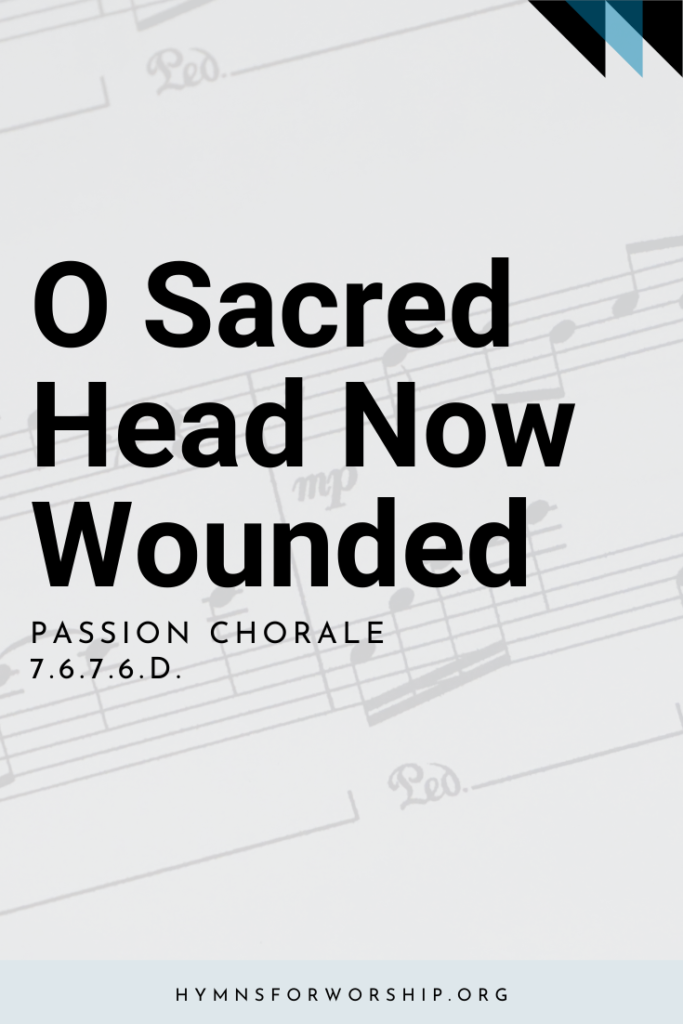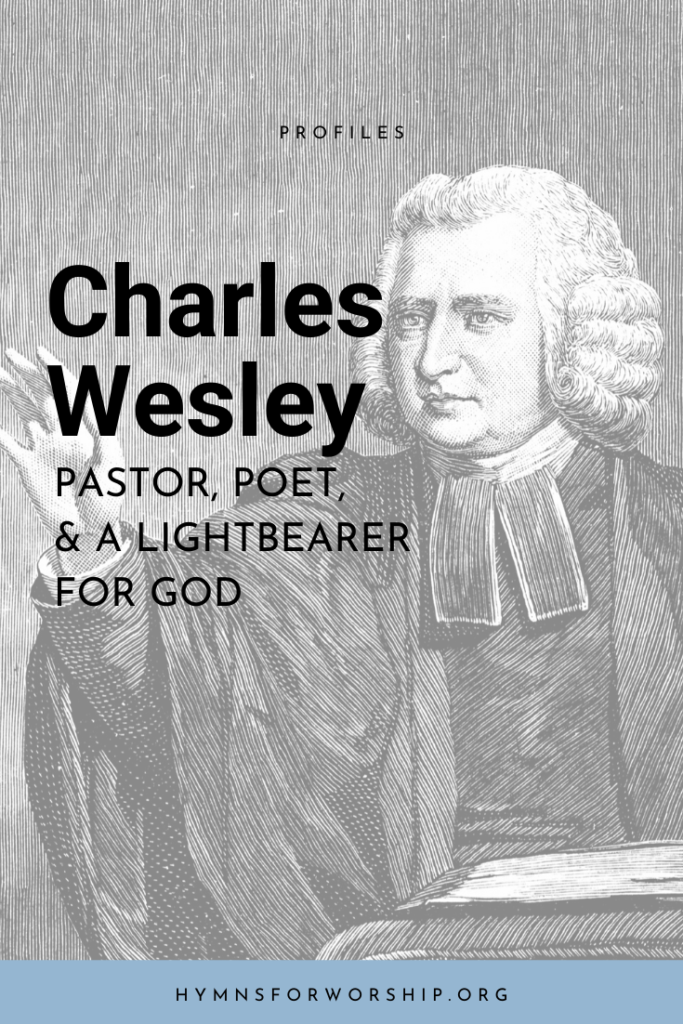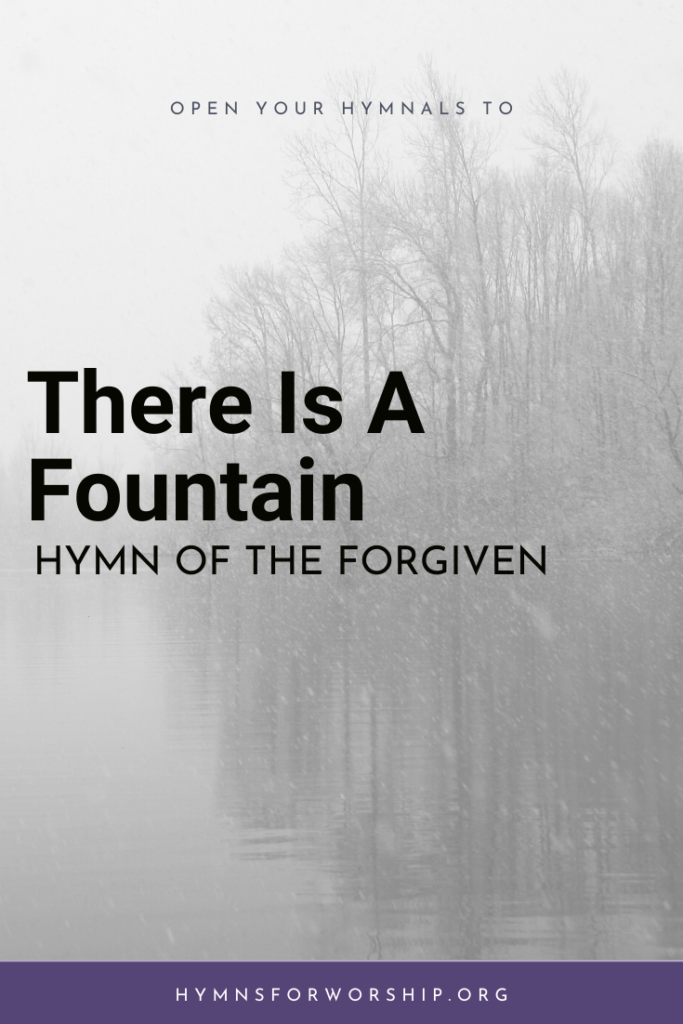
I’m one of those guilty people who used to sing mindlessly in church. In fact, most times, I would lip sync my way through the motion. Especially if the song is one of those plain, old boring (too many stanzas) hymn that’s been sung too many times.
“There is a Fountain” written by William Cowper (pronounced Cooper) was one of those hymns.
A boring hymn. Until I learned the pain the writer went through to write these verses.
Beginnings of depression
Cowper was privileged to be born into the home of people who were members of the highest ranks of England’s societies. His father was a chaplain to King George II while his mother was a member of a prominent family of English royalty.
He had obvious talents in poetry, translating and letter writing, while a student at Westminster Abbey. But his father pushed him into a law career, a career in which he utterly disdained.
Inspite of his intellectual achievements, Cowper was physically frail and emotionally sensitive. His mom died when he was six years old. Unable to cope with grief, he carried a dark cloud of depression and pessimism around him throughout his academic career.
By the time he reached his 21st birthday, Cowper had suffered from his father’s, step-mother’s, and best friend’s death. As a result, melancholia set in, and then deep despair, and finally, he plunged into insanity.
At the brink of depression and five suicide attempts
While his emotional and psychological landslide did not happen overnight, several events in his life pushed him to the brink of madness. Dealing with the stress of taking an examination prior to his taking a position as the Clerk of the Journals of the House of Lords caused him to attempt suicide.
The guy attempted several times. Honestly, he tried hard! In fact, here’s a list of attempts (which took place within days he learned that he needed to take the examination)
He went out into the fields, determined to die in a ditch. But then he changed his mind and decided it’s better to die in the countryside.
He changed his mind again and asked his driver to take him to the wharf instead. There, he can drown himself in the river. But he realized it would be impossible to die there because it is a public spot and someone will attempt to save him.
He bought laudanum on the way home instead, now determined to kill himself more than ever. No one can stop him if he killed himself in the privacy of his own room. But as he raised the poison to his lips, his hands shook and trembled vehemently he couldn’t drink a drop.
He woke up the next morning at three a.m., took a penknife and decided to lay his weight on it, with the sharp point toward his heart. But the penknife broke and was too dull to penetrate through his flesh.
He found a strong garter which he fastened to his neck, and the other end to the frame of his bed. It failed. So he tried the door and was finally successful. He lost all consciousness… Until the garter broke, and saved his life.
These attempts became reason enough for his family to place him in an insane asylum for 18 months.
He had nowhere to go but up.
Cowper’s confinement in the asylum provided him time for reading the Bible. One day, he read the verses from Romans 3:23-26 which said, “For all have sinned, and come short of the glory of God; Being justified freely by his grace through the redemption that is in Christ Jesus: Whom God hath set forth to be a propitiation through faith in his blood, to declare his righteousness for the remission of sins that are past, through the forbearance of God; To declare, I say, at this time his righteousness: that he might be just, and the justifier of him which believeth in Jesus.”
Upon reading these verses, Cowper saw his need of personal redemption. He realized the atoning power of Christ through the blood shed on the cross. He later recalled this moment and wrote “I could only look up to heaven in silent fear, overwhelmed with love and wonder.”
Meeting Newton: A Divine Appointment
Following his release from the asylum, he determined to leave London. He knew that the corrupting influences of the city also contributed to his state of mind.
Shortly after, he became fast friends with Morley Unwin, a minister. He then decided to live with this family knowing the kind of positive influence they have on him. God Himself really set up this arrangement, because as further providence would have it, Cowper obtained spiritual mentorship with his neighbour, John Newton, a minister and author of the hymn, Amazing Grace.
Cowper and Newton became the best of friends. Newton would take Cowper as he went on house visitations, visiting and praying for the sick. The power of Newton’s friendship had its healing effect on him, but not completely. Time and time again, Cowper found himself struggling whether God could really forgive him. Newton saw this. So to help him get out of this gloom, Newton suggested to collaborate on hymn writing.
The hymn of the forgiven
In 1770, Cowper wrote a hymn based on these three verses:
Zechariah 13:1, Luke 23:39-43, and Revelation 14:1-3. Three verses that portray God’s overwhelming power to forgive.
Cowper understood this, and through rhyme and verse, he paints a vivid picture of Christ’s atoning blood and God’s forgiveness. Only someone who found the assurance and comfort in the cleansing fountain springing forth from Calvary can write such powerful words.
Today, we still have the privilege of not only singing this hymn. We can claim the same assurance of forgiveness that Jesus is offering.
Other hymns in the SDA Hymnal by William Cowper
SDAH 107: God Moves in A Mysterious Way
SDAH 315: O For A Closer Walk
*Image credit: Jesuscircle.me and Wikipedia
Like this article? Share it!

